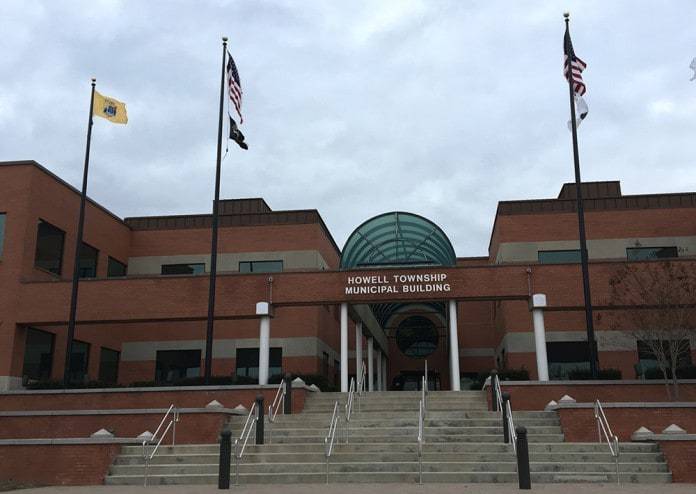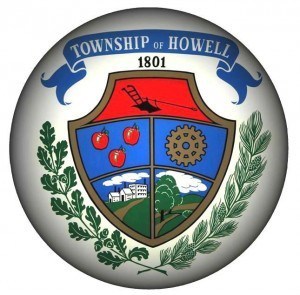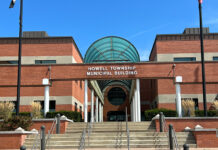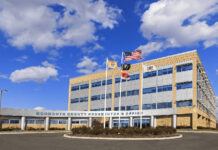
HOWELL – The Township Council recently listened to budget requests from the senior center, tax office, Sewer Utility and Department of Community Development at its last scheduled 2017 budget meeting on March 6.
The goal of these presentations was for each department to discuss their needs and for council members to be informed when crafting a budget.
Senior Center
The Howell Senior Center on 251 Preventorium Road asked for $4,500 to replace the sign on top of their building, which has been absent since the building was re-sided in 2015. A new 20-passenger bus was requested to replace a bus from 2005 that has 162,000 miles, but since there is another bus currently out to bid, the council was reluctant to finance another.
Free flu shots for seniors were also discussed, with Mayor Theresa Berger suggesting the township either bill residents’ insurance companies or have the Department of Health bill them for the shots, which are currently being covered by the township.
The county’s Office on Aging gives the Senior Center a yearly grant for $27,500, but with up to seven events and 75 to 200 mouths to feed every day, it’s not enough. Fortunately, Interfaith Neighbors donates daily lunch for the seniors.
Tax Office
The tax office has seen a decrease in tax appeals as they are being settled more often in house, instead of through an outside appraiser. There were 250 county appeals last year, compared with 200 this year. An outside appraiser is still needed for bigger cases, so the largest chunk of this budget is for professionals and consultants. The overall operating budget has also gone down, officials said.
Municipal Court
The court is looking to add an additional violations clerk to help with a growing number of cases due to recent changes to state bail reform. The current staff of four full-time employees is handling double the amount of cases as they were last year, and with less hands on deck than in previous years, officials said.
In-house staff had to be pulled from other areas several times last year to help with paperwork and answering phone lines when employees were either out sick or in court. An additional employee could potentially help lower overtime costs, which were more than $50,000 last year.
Sewer Utility Director Bill Nunziato asked for two big ticket items from the council. The first would require a 100 percent increase to the $20,000 budgetary line item for the maintenance of lines. The additional $20,000 would allow the sewer utility to go out to bid and have a contractor on call for issues and emergencies. According to Nunziato, the township had three or four emergency situations last year, which are difficult to budget for. The contract for this is estimated to be a couple thousand dollars, plus an hourly rate for service repairs.
The second big ticket item would be a similar increase to the maintenance of equipment budget, which would focus on maintaining the utility’s 10 stations and 10 emergency generators. It would cost around $6,000 for that annual maintenance contract, plus repairs.
A jet truck from 1991 also needs to be replaced, which is used 32 to 42 weeks out of the year to clean pipelines. It would cost over $40k to fix it, but $375k to buy a new truck.
The sewer utility also hopes to mirror Freehold’s success by introducing a remote monitoring system in its wastewater stations. The system would monitor alarms, timestamp events and show data like flow history and pump start times, eliminating the need to use an alarm company.
Department of Community Development
Community Development Director Jim Herrmann saved most his budget for new hires. He asked the council for four new employees at a total of $425,837, including benefits. He said the department needs two administrative assistants to assist with a rising amount of paperwork, as well as an engineering aide and deputy director.
The construction budget is down, as less big box stores are being developed, which typically generate higher costs than residential development.
The Uniform Commercial Code is also proposing to eliminate certain required permits and fees that generated $171,000 in revenue last year.







